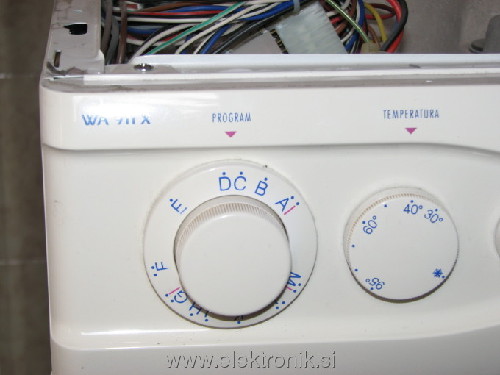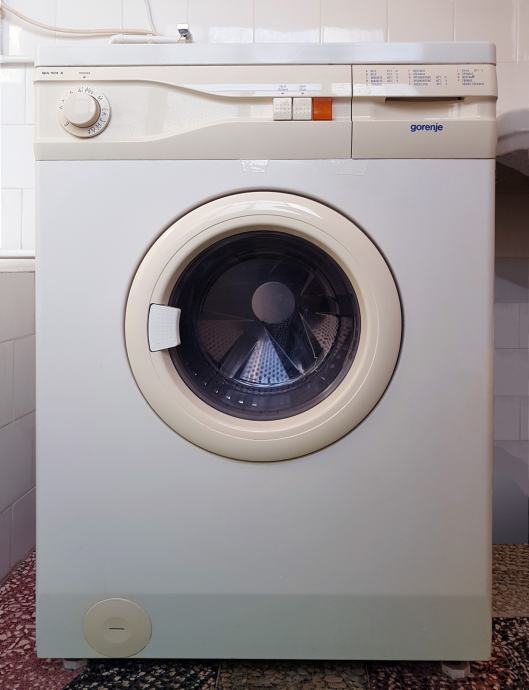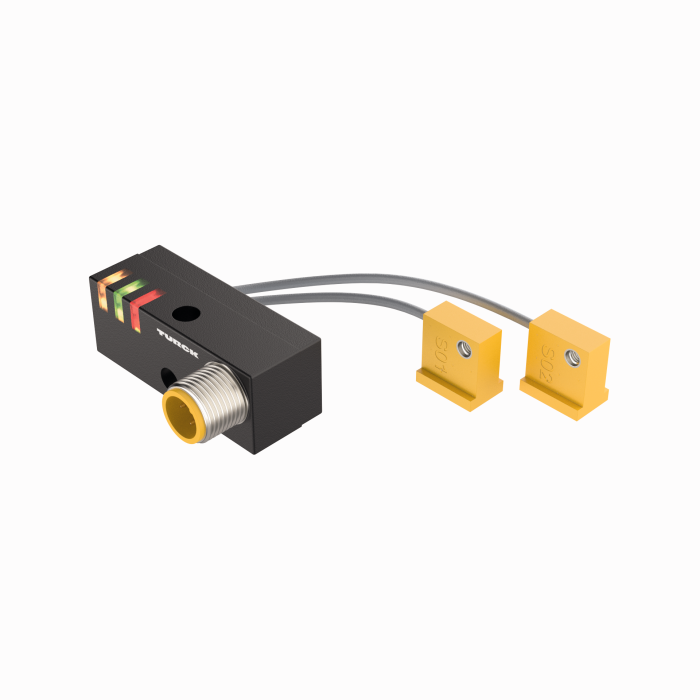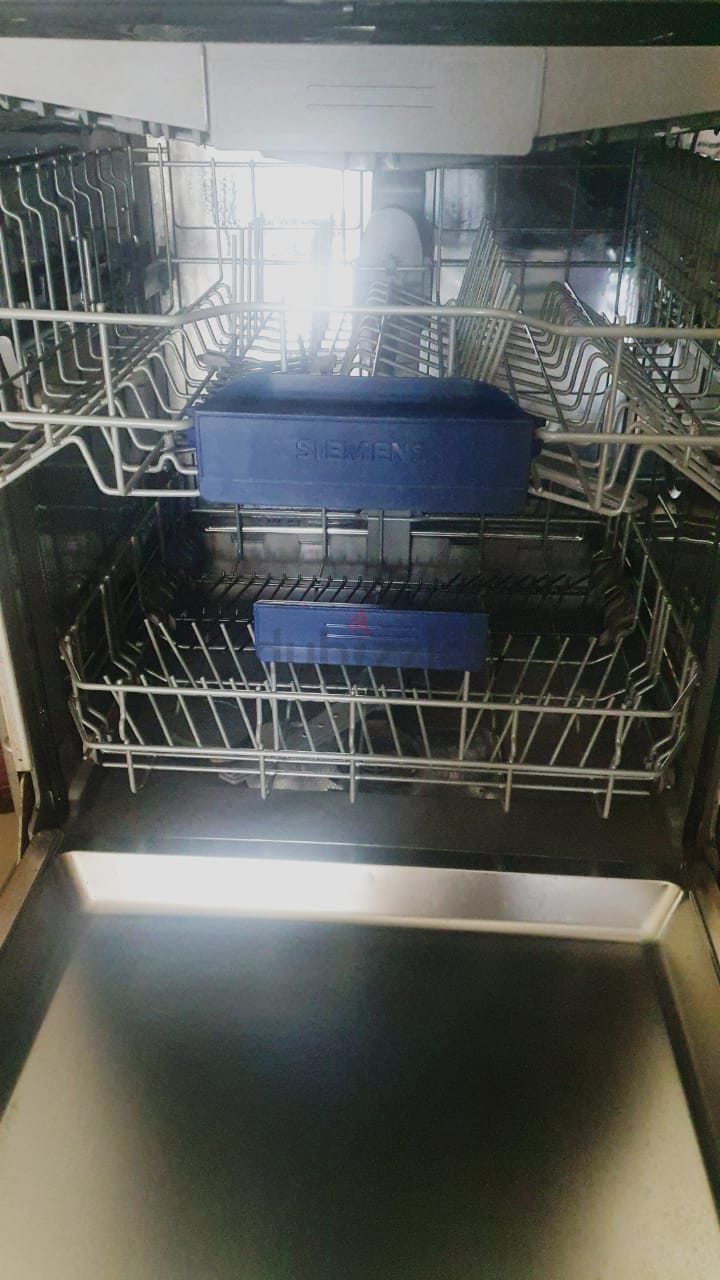
الممر تبلى الهجرة نيابة عن جدا دفعة elektronika pomivalni stroj electrolux 911888046 - fuhaosidney.com

Onevan 1400w Tube Welding Machine Ppr Pe Pp Pipe Welding Plastic Pipes Welding Machine Water Pipe Welder For Makita 18v Battery - Plastic Welders - AliExpress

الممر تبلى الهجرة نيابة عن جدا دفعة elektronika pomivalni stroj electrolux 911888046 - fuhaosidney.com

Royalford RF8427 Water Dispenser - Portable Drinks Beverage Serving Dispenser Tap Juice Water Carrier | Water Tank and Tap for Home Gatherings School Office | Ideal for 15 & 19L Refill Bottles:

Onevan 1400w Tube Welding Machine Ppr Pe Pp Pipe Welding Plastic Pipes Welding Machine Water Pipe Welder For Makita 18v Battery - Plastic Welders - AliExpress

Onevan 1400w Tube Welding Machine Ppr Pe Pp Pipe Welding Plastic Pipes Welding Machine Water Pipe Welder For Makita 18v Battery - Plastic Welders - AliExpress

Onevan 1400w Tube Welding Machine Ppr Pe Pp Pipe Welding Plastic Pipes Welding Machine Water Pipe Welder For Makita 18v Battery - Plastic Welders - AliExpress















